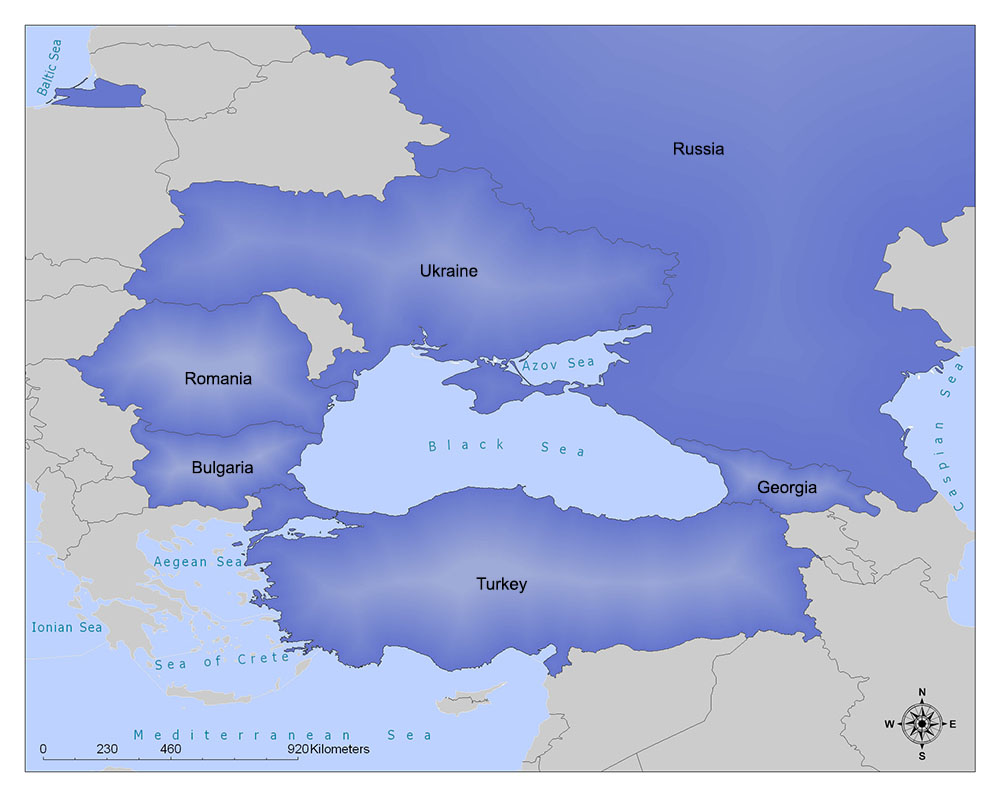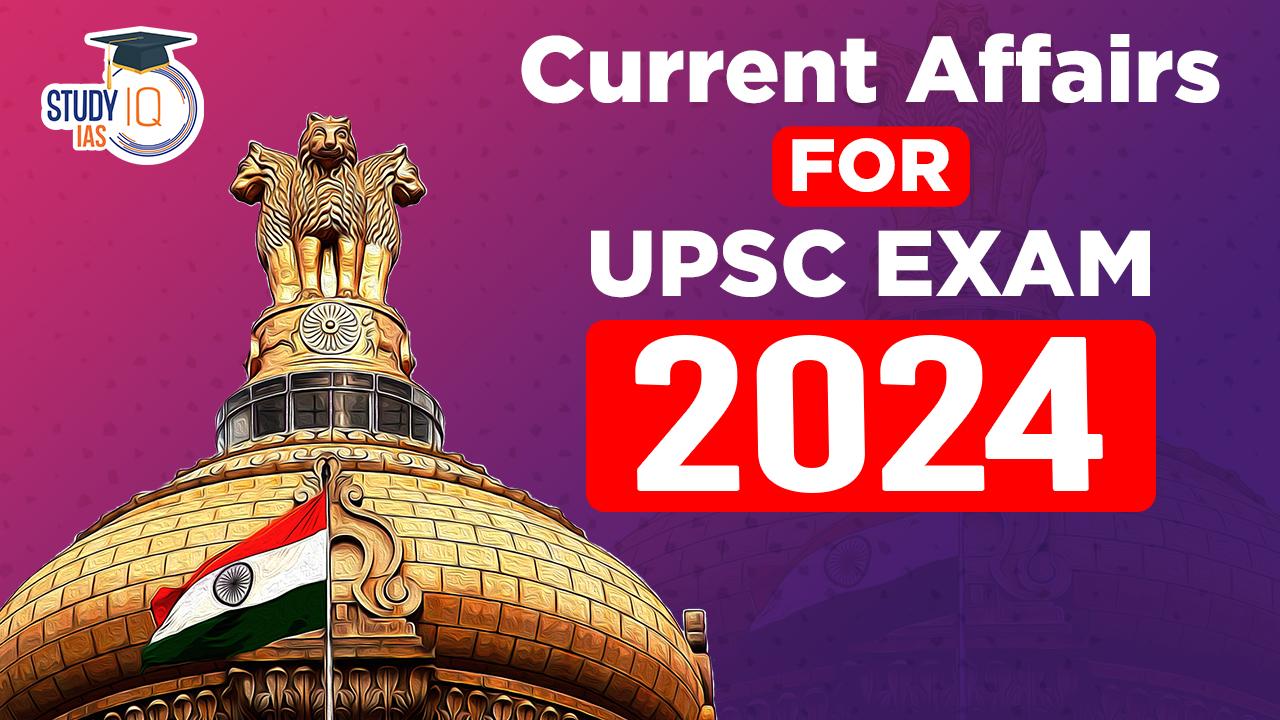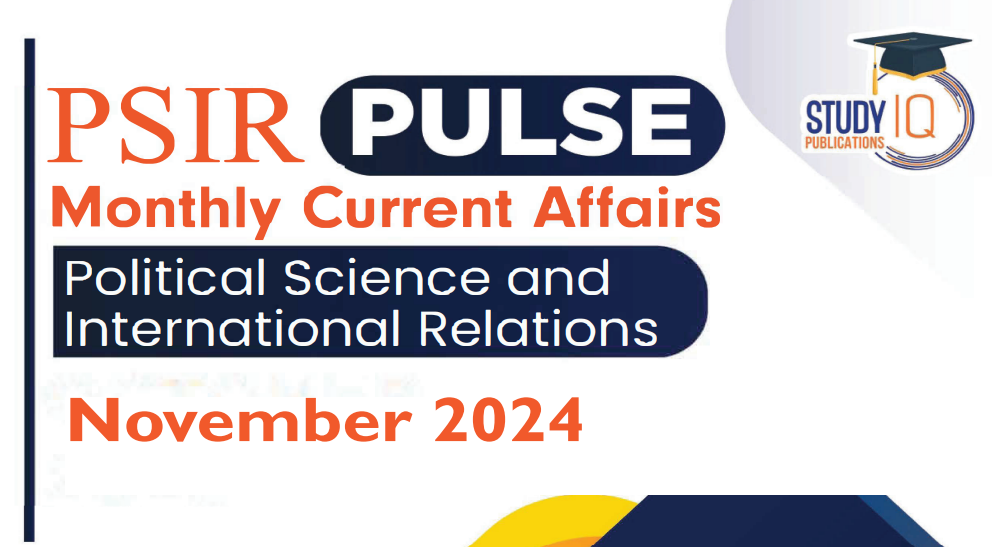Table of Contents
Model Code of Conduct
Context: The political banners were removed in Delhi after the Model Code of Conduct came into force.
About Model Code Of Conduct
- Nature of the MCC: The Model Code of Conduct (MCC) was created by the Election Commission of India (ECI) as a part of efforts to ensure free and fair elections, based on a consensus among major political parties.
- It lacks statutory backing, making compliance voluntary rather than legally enforceable.
- Enforcement Authority: The Election Commission of India enforces the MCC to ensure free and fair elections, as mandated by Article 324 of the Constitution of India.
- Enforcement Mechanism: The ECI enforces the MCC through moral persuasion and censure, rather than legal penalties.
- Objective: The MCC aims to prevent the misuse of official machinery for electoral purposes, electoral offences, malpractices, and corrupt practices.
- Effective Period: It becomes effective from the announcement of the election schedule by the Election Commission and remains in force until the election process is concluded.
- Geographical Applicability:
- During Lok Sabha elections, the MCC applies nationwide.
- In the case of state Legislative Assembly elections, it applies across the concerned state.
- For bye-elections, the MCC is applicable only within the constituency undergoing the election.
- Process for Alleged Breaches:
- The ECI can issue notices for alleged MCC breaches, either suo motu or based on complaints.
- Accused individuals or parties must respond in writing, acknowledging fault with an apology or contesting the allegations.
- Guilty parties may receive a written censure, considered by some as a minimal reprimand.
| Examples of Enforcement Actions |
|
What are the Restrictions Imposed?
- General Conduct:
- Political parties and candidates must base their criticism on the work record of their opponents, avoiding caste or communal sentiments.
- The use of places of worship such as Mosques, Churches, Temples, etc., for election campaigning is strictly prohibited.
- Practices such as bribing, intimidating, or impersonating voters are forbidden.
- A 48-hour “election silence” period before the polling closes is mandated to provide a campaign-free environment for voters to reflect.
- Meetings: All political parties and candidates are to conduct their meetings in a manner that does not disturb public order or violate the MCC guidelines.
- Processions: The MCC dictates that processions must adhere to predefined routes and times to avoid clashes and ensure public safety.
- Polling Day: Specific behaviours and actions are regulated on polling day to ensure orderly and fair voting.
- Polling Booths: The conduct within and in the vicinity of polling booths is closely monitored to prevent any form of influence or disruption.
- Observers: The MCC outlines the role of observers in ensuring the integrity of the electoral process, requiring them to report any violations of the code.
- Party in Power: The party in power is prohibited from using its official position for campaign purposes. This includes:
- No announcements of policies, projects, or schemes that could influence voter behaviour.
- Avoiding the use of public funds for campaign advertisements.
- Not using official government transport or machinery for campaigning.
- Ensuring that public spaces and facilities like helipads are available to opposition parties under the same terms as the ruling party.
- The ruling government is barred from making any ad-hoc appointments that could influence voters.
- Election Manifestos: Election manifestos must be drafted and presented in a manner that does not exploit communal or caste sentiments and adheres to the overall ethical guidelines of the MCC.
We’re now on WhatsApp. Click to Join
Black Sea Border Countries
Context: Russia has replaced the head of its Navy after repeatedly losing Black Sea warships to Ukrainian attacks.
Bordering Countries
The Black Sea is a large inland sea situated at the southeastern extremity of Europe. It is one of the most famous inland seas in the world and is bordered by Ukraine, Russia, Georgia, Turkey, Bulgaria and Romania.

| Note |
| You can remember this through a trick-T-BURGeR (Turkey- Bulgaria, Ukraine, Romania, Georgia and Russia). |
Astronomy Ambassadors – Ladakh
Context: The astronomy ambassadors in Ladakh showcase the impact of astronomy tourism, the establishment of a Dark Sky Reserve, and community involvement in preserving celestial heritage.
What is the Significance?
Sustainable Tourism Development
- Astronomy Tourism as a Niche: Showcases innovative approaches to developing tourism that’s educational, sustainable, and minimally invasive to the environment.
- Economic Diversification: Provides an alternative source of income for local communities, reducing reliance on traditional sectors and promoting economic resilience.
Environmental Conservation
- Dark Sky Preservation: Highlights the importance of protecting night skies against light pollution, contributing to biodiversity conservation and the well-being of nocturnal wildlife.
- Legal Protection Measures: The designation of Dark Sky Reserves underscores the role of policy and legal frameworks in environmental conservation efforts.
Science and Education
- Astronomy Outreach: Demonstrates the role of astronomy in education, inspiring curiosity and a scientific mindset among locals and visitors.
- Hands-on Learning: The initiative emphasises experiential learning through direct observation and operation of telescopes, making science accessible and engaging.
Cultural Heritage
- Folklore and Celestial Navigation: Revives and documents local folklore and traditional knowledge related to the stars, ensuring the preservation of cultural heritage.
- Community Engagement: Involvement of local communities in preserving and sharing their astronomical heritage fosters a sense of pride and ownership.
Policy Implications
- Replicability and Scalability: The model provides a blueprint for other regions to develop niche tourism sectors that leverage local natural and cultural assets.
- Integrated Development Approach: Calls for a holistic development approach, integrating environmental conservation, economic development, and cultural preservation.
Innovation in Governance
- Collaborative Governance: Illustrates the power of collaboration between local governments, scientific institutions, and communities in achieving common goals.
- Adaptive Regulation: Shows the necessity of adaptive policies and regulations to support new and emerging sectors like astronomy tourism.
Examples and Case Studies For Value Addition
- Ethics and Human Interface (GS 4): Zomato introduced a “pure veg” delivery service catering exclusively to orders from vegetarian restaurants. The service features delivery personnel in green uniforms and green delivery boxes.
- Critics are concerned that the move may lead to harassment and discrimination against delivery workers, particularly those from minority religious or oppressed caste backgrounds.
- Food Security and Governance (GS 3, GS 2): The Supreme Court has directed states and Union territories (UTs) to issue ration cards to all migrant labourers registered with the e-Shram portal within two months.
- This order comes after a group of citizens highlighted that out of the total of 288 million labourers registered on the portal, nearly 80 million do not have ration cards to avail of benefits under the National Food Security Act (NFSA).


 Pariksha pe Charcha 2025, Overview, Even...
Pariksha pe Charcha 2025, Overview, Even...
 National Policy on Framework on Agricult...
National Policy on Framework on Agricult...
 How Scientists used Scotch tape to Creat...
How Scientists used Scotch tape to Creat...




















